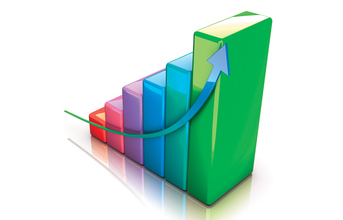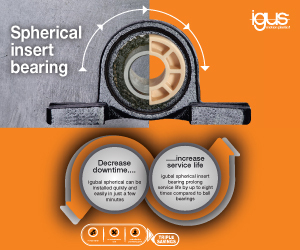
A revival in new order growth promoted a faster upturn in manufacturing production, as Indian firms sought to replenish inventories utilised in May to fulfil strengthening demand.
Economic growth in India's manufacturing industry moved up a notch in May as companies responded to strengthening demand conditions by lifting output, quantities of purchases and employment to greater extents. Business sentiment also ticked higher. Price pressures remained relatively muted, with goods producers leaving selling prices unchanged on the back of a mild rise in overall cost burdens. At 52.7 in May (April: 51.8), the Nikkei India Manufacturing Purchasing Managers' Index® (PMI®) pointed to the strongest improvement in the health of the sector for three months. Moreover, the current growth sequence was stretched to 22 months.
Consumer goods led the upturn in May, with rates of expansion in output, total sales, new export orders and employment surpassing those seen in the intermediate as well as capital goods categories. The latter returned to growth territory, following a deterioration in business conditions in April. Aggregate manufacturing output increased at the quickest pace in three months, with survey participants linking growth to new client wins, robust sales and improved technology. Strengthening demand and successful marketing reportedly underpinned sales growth in May. The latest rise in factory orders was the nineteenth in as many months and quicker than that seen in April. External sales continued to contribute to total order flows, with exports expanding at the joint-quickest pace in six months. Indian goods producers were confident of a rise in output in the year ahead, with sentiment improving from April. Expectations of pro-business public policies, marketing initiatives, projects in the pipeline and favourable economic conditions were among the reasons boosting optimism.
An upbeat mood among goods producers, coupled with a solid increase in new work, underpinned further job creation in the sector. Employment has risen in each month since April 2018, with the latest expansion the most marked since February. Companies purchased additional raw materials and semi-finished items during May, but input holdings were broadly unchanged amid higher production volumes. At the same time, stocks of finished goods decreased in line with stronger demand. Although input cost inflation in India's manufacturing industry ticked higher during May, the rate of increase was negligible in the context of historical survey data. Concurrently, factory gate charges were broadly unchanged. May data pointed to a general lack of pressure on the capacity of both manufacturers and their suppliers. Goods producers recorded broadly unchanged outstanding business levels, while vendors' delivery times shortened marginally. Commenting on the Indian Manufacturing PMI survey data, Pollyanna De Lima, Principal Economist at IHS Markit and author of the report, said: "A revival in new order growth promoted a faster upturn in manufacturing production, as Indian firms sought to replenish inventories utilised in May to fulfil strengthening demand. "To assist with higher output needs, and benefit from relatively muted cost inflation, companies stepped up hiring and input purchasing. Goods producers were also able to charge competitive prices due to negligible increases in their cost burdens, meaning not only higher sales in the domestic market, but also greater overseas demand. "The results show welcoming accelerations in expansion rates across a number of key metrics. When we look at the survey's over 14-year history, the sector is growing at a below-trend rate. Shortening the horizon to the last two years, May's increases in output, total order books and exports all outperformed."
END
Sources: Nikkei, IHS Markit.



































